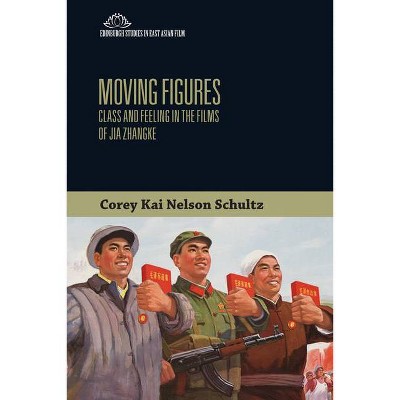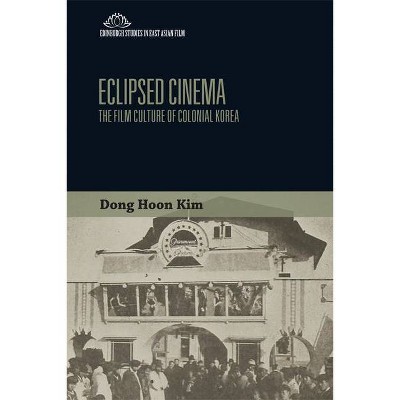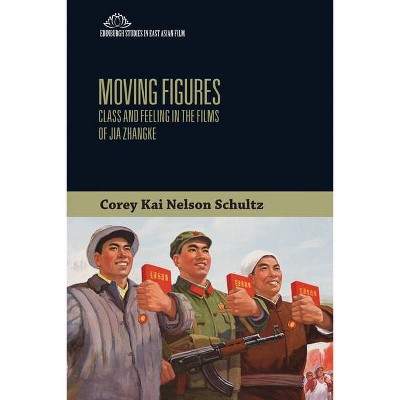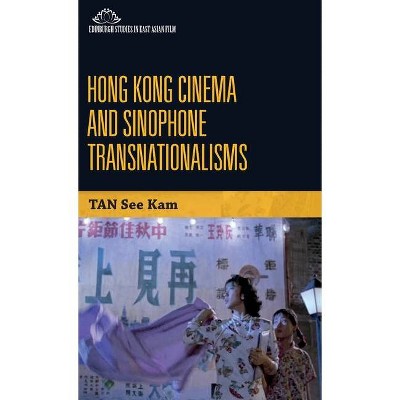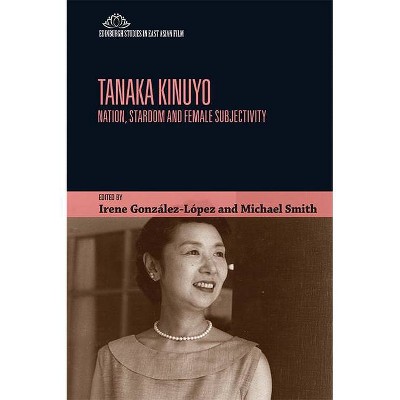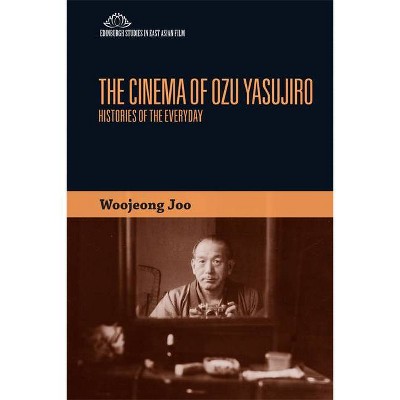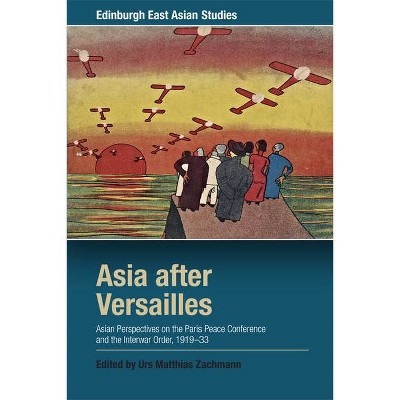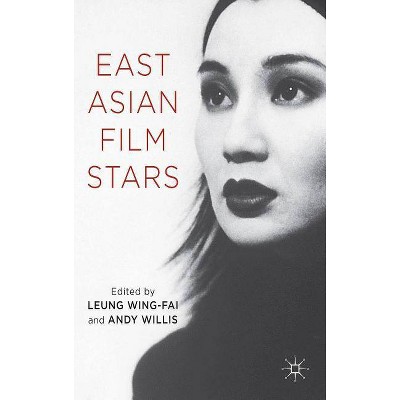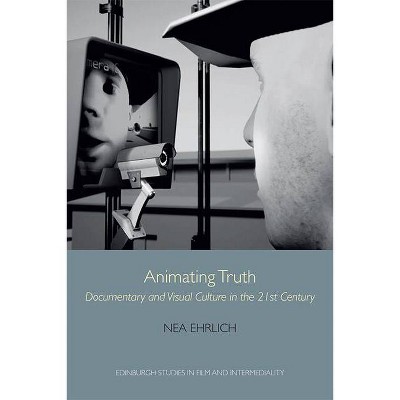Worldly Desires - (Edinburgh Studies in East Asian Film) by Brian Hu (Hardcover)
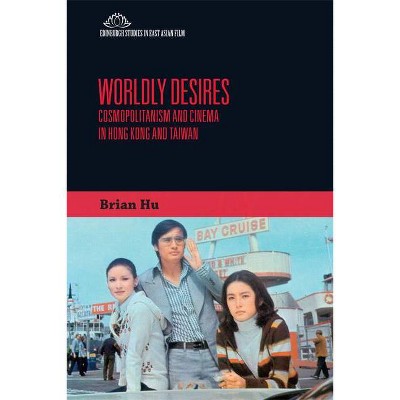
Similar Products
Products of same category from the store
AllProduct info
<p/><br></br><p><b> About the Book </b></p></br></br><p>With case studies of popular stars like Linda Lin Dai and Edison Chen, and spectacular genres like the Shaolin Temple cycle of martial arts films, the book explores what it meant to be both cosmopolitan and Chinese in the second half of the 20th century.</p><p/><br></br><p><b> Book Synopsis </b></p></br></br><p>How does cinema imagine our place in the world? <em>Worldly Desires: Cosmopolitanism and Cinema in Hong Kong and Taiwan</em> looks at the studios, films and policies that charted the transnational vision of Hong Kong and Taiwan, two places with an uneasy relationship to the idea of nationhood. Examining the cultural, political and industrial overlaps between these cinemas, as well as the areas where they uniquely parallel each other, this book brings together perspectives from cinema studies, Chinese studies and Asian American studies to show how culture is produced in the spaces between empires. With case studies of popular stars like Linda Lin Dai and Edison Chen, and spectacular genres like the Shaolin Temple cycle of martial arts films, the book explores what it meant to be both cosmopolitan and Chinese in the second half of the 20th century.</p><p/><br></br><p><b> From the Back Cover </b></p></br></br>'Both theoretically rigorous and fun to read, Worldly Desires is a fully cinematic exploration of how the Sinophone cinemas of Taiwan and Hong Kong have imagined exhilarating aspirations to transition from local to world citizenship, as well as more fraught yearnings for global recognition.' Chris Berry, King's College London How does cinema imagine our place in the world? This book looks at the studios, films and policies that charted the transnational vision of Hong Kong and Taiwan, two places with an uneasy relationship to the idea of nationhood. Examining the cultural, political and industrial overlaps between these cinemas - as well as the areas where they uniquely parallel each other - author Brian Hu brings together perspectives from cinema studies, Chinese studies and Asian American studies to show how culture is produced in the spaces between empires. With case studies of popular stars like Linda Lin Dai and Edison Chen, and spectacular genres like the Shaolin Temple cycle of martial arts films and the romantic melodramas of 1970s Taiwan, this book explores what it meant to be both cosmopolitan and Chinese in the second half of the twentieth century. Brian Hu is Assistant Professor in Television, Film and New Media at San Diego State University. He is also the Artistic Director of the San Diego Asian Film Festival. Cover image: Long Way Home (c) Central Motion Picture Corporation Cover design: [EUP logo] edinburghuniversitypress.com ISBN 978-1-4744-2845-3 Barcode<p/><br></br><p><b> About the Author </b></p></br></br><p>Brian Hu is Assistant Professor in Television, Film, and New Media at San Diego State University. He is also the Artistic Director of the San Diego Asian Film Festival.<p>
Price History
Price Archive shows prices from various stores, lets you see history and find the cheapest. There is no actual sale on the website. For all support, inquiry and suggestion messages communication@pricearchive.us
